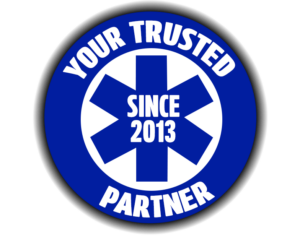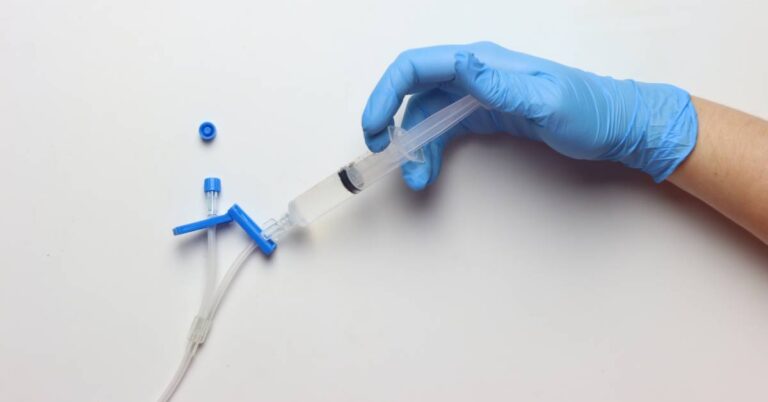
Self-Care Tips For EMS Providers
As an emergency medical services provider, you do one of the most challenging jobs. Taking care of others who are suffering and need help can be rewarding and stressful at the same time. The nature of emergencies that responders attend exposes them to human suffering on varying scales, possibility of personal harm, the pressure of making life and death decisions and an intense, unpredictable workload. This stress needs to be managed well if EMS providers are to stay healthy both physically and mentally and to continue to help in these situations.
You need to be aware of the signs of stress and to be able to prioritize its management. This will ensure you can remain healthy and strong enough to continue being available to those that need your help.
Signs that stress is affecting your physical and mental health
When you feel unwell, go and see your medical care provider. You need to care for your physical health. You will not be of any help to those in a disaster if you cannot give your all due to illness.
Watch out for signs of irritability, loss of appetite, confusion, mood swings, worry or panic. These are signs that you need to acknowledge and address some mental health issues.
Ways to manage and reduce your stress
Self-care will help you reduce your stress. Exercise releases endorphins which will improve your mood and take your stress levels down. Taking time for hobbies and other activities that you enjoy will also reduce your stress by shifting your focus from the stress you are feeling to the activity at hand. At Coast Biomedical Equipment – https://coastbiomed.com – we offer equipment and solutions that can help.
Apply nutrition to improve your physical and mental health
A strong immune system is the foundation of good health. The best way to maintain a strong immune system is to eat healthy food.
Learn how lack of sleep is affecting your health
Working long hours without sleep will not only cause exhaustion and fatigue. It will also make you more susceptible to illness and injury.




